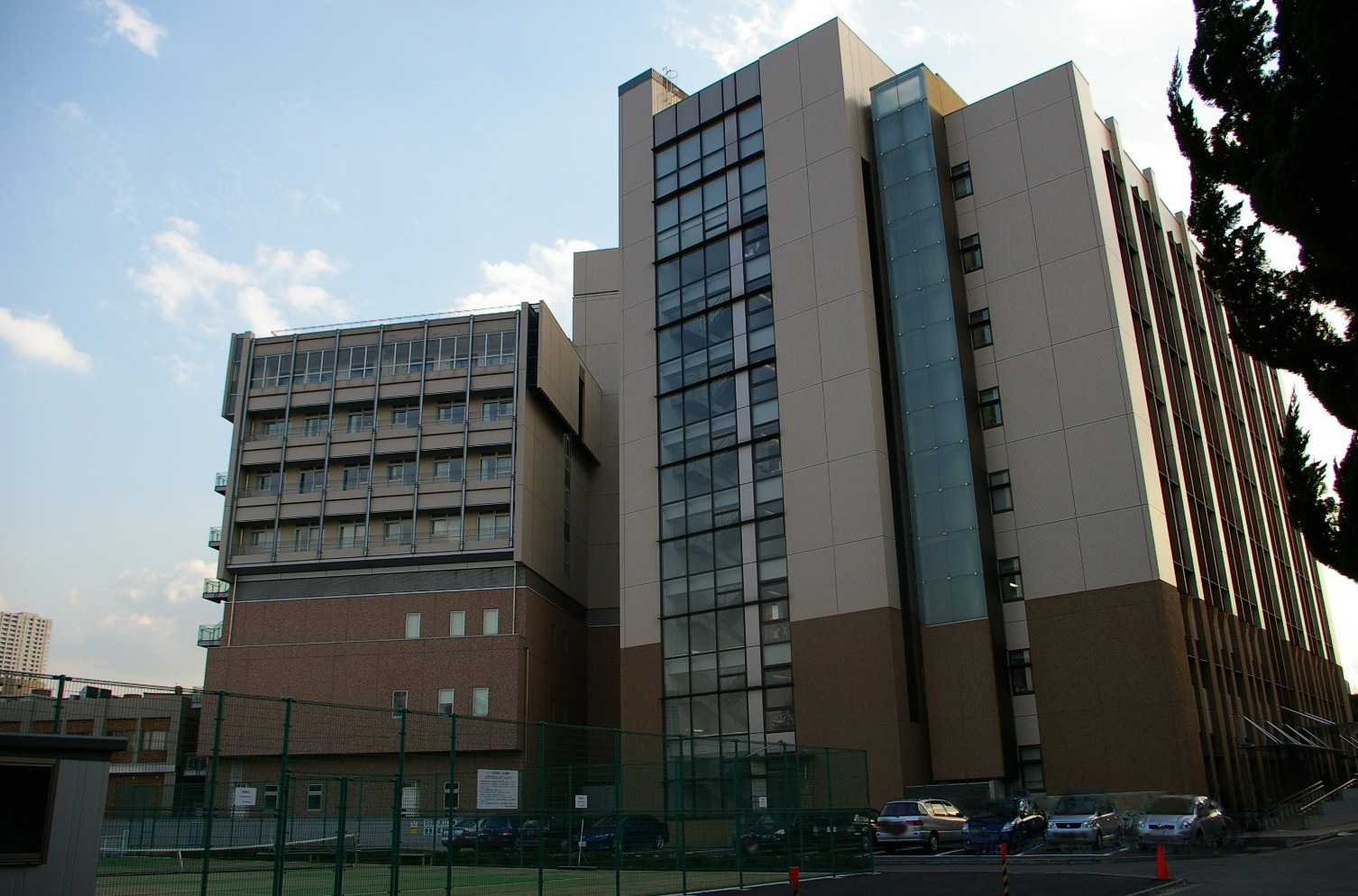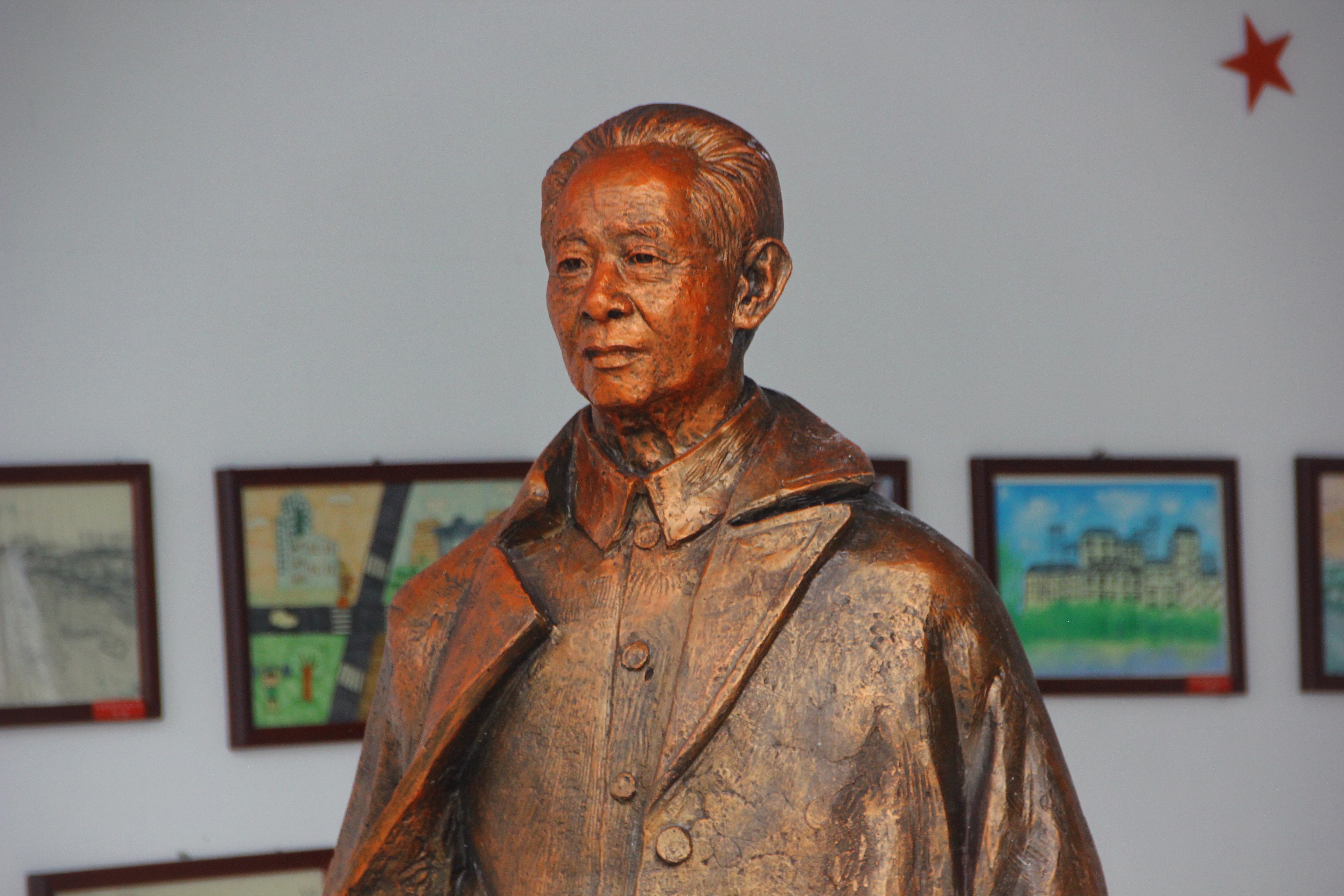|
My Chinese Heart
"My Chinese Heart" () is a Chinese patriotic song. The lyrics were written by James Wong in 1982 in protest of the falsifying of information on the Second Sino-Japanese War in Japanese History books by the Japanese Ministry of Education, as well as to disseminate Chinese nationalism. Wang Fuling composed the song and Cheung Ming-man was brought to fame for being its first singer. The song discusses the nature of Chinese identity, as well as the struggles and necessity of maintaining Chinese culture among the diaspora. It is a particularly well known piece among the diaspora community, and is viewed alongside The Great Wall Ballad as the de facto anthem of the Chinese diaspora. The song, which was released during the economic opening of China Reform and opening-up ( zh, s=改革开放, p=Gǎigé kāifàng), also known as the Chinese economic reform or Chinese economic miracle, refers to a variety of economic reforms termed socialism with Chinese characteristics and socialist m ... [...More Info...] [...Related Items...] OR: [Wikipedia] [Google] [Baidu] |
James Wong (lyricist)
James Wong Jim (; 18 March 1941 – 24 November 2004, also known as "霑叔" or "Uncle Jim") was a Cantopop lyricist and songwriter based primarily in Hong Kong. Beginning from the 1960s, he was the lyricist for over 2,000 songs, collaborating with songwriter Joseph Koo ( Koo Kar-Fai) on many popular television theme songs, many of which have become classics of the genre. His work propelled Cantopop to unprecedented popularity. He was also well known in Asia as a columnist, actor, film director, screenwriter, and talk show host. He took part in creative directing positions within the entertainment industry in Hong Kong. Wong died on 24 November 2004 of lung cancer after a four-year battle at the age of 63. Early life and education Wong was born Wong Jum-sum () in Panyu, in what now is part of Guangzhou, China. He migrated to Hong Kong with his family in 1949. He completed his secondary education at La Salle College. In 1963, he graduated from the Chinese Department, Facu ... [...More Info...] [...Related Items...] OR: [Wikipedia] [Google] [Baidu] |
Second Sino-Japanese War
The Second Sino-Japanese War was fought between the Republic of China (1912–1949), Republic of China and the Empire of Japan between 1937 and 1945, following a period of war localized to Manchuria that started in 1931. It is considered part of World War II, and often regarded as the beginning of World WarII in Asia. It was the largest Asian war in the 20th century and has been described as The Asian Holocaust, in reference to the scale of Japanese war crimes against Chinese civilians. It is known in China as the War of Resistance against Japanese Aggression. On 18 September 1931, the Japanese staged the Mukden incident, a false flag event fabricated to justify their Japanese invasion of Manchuria, invasion of Manchuria and establishment of the puppet state of Manchukuo. This is sometimes marked as the beginning of the war. From 1931 to 1937, China and Japan engaged in skirmishes, including January 28 incident, in Shanghai and in Northern China. Chinese Nationalist and C ... [...More Info...] [...Related Items...] OR: [Wikipedia] [Google] [Baidu] |
Ministry Of Education, Culture, Sports, Science And Technology (Japan)
The , also known as MEXT, is one of the eleven ministries of Japan that compose part of the executive branch of the government of Japan. History The Meiji government created the first Ministry of Education in 1871. In January 2001, the former Ministry of Education, Science, Sports and Culture and the former merged to become the present MEXT. Organization The Ministry of Education, Culture, Sports, Science and Technology currently is led by the minister of education, culture, sports, science and technology. Under that position is two state ministers, two parliamentary vice-ministers, and administrative vice-minister, and two deputy ministers. Beyond that the organization is divided as follows. Minister's Secretariat The Minister's Secretariat is the department that manages general policies that affect the Ministry of Education, Culture, Sports, Science and Technology as a whole. These functions include many administrative jobs such as auditing policies, community relation ... [...More Info...] [...Related Items...] OR: [Wikipedia] [Google] [Baidu] |
Chinese Nationalism
Chinese nationalism is a form of nationalism that asserts that the Chinese people are a nation and promotes the cultural and national unity of all Chinese people. According to Sun Yat-sen's philosophy in the Three Principles of the People, Chinese nationalism is evaluated as Zhonghua minzu, multi-ethnic nationalism, which should be distinguished from Han nationalism or local ethnic nationalism. Modern Chinese nationalism emerged in the late Qing dynasty (1644–1912) in response to China's Face (sociological concept)#Chinese 臉面 and 面子, humiliating defeat at the end of the First Sino-Japanese War and the invasion and pillaging of Beijing by the Eight-Nation Alliance. In the aftermath of both events, China was forced to pay financial reparations and grant special privileges to foreigners. The nationwide image of China as a superior Celestial Empire, which was located at the center of the universe, was shattered, and last-minute efforts to modernize the old system were ... [...More Info...] [...Related Items...] OR: [Wikipedia] [Google] [Baidu] |
Wang Fuling
Wang may refer to: Names * Wang (surname) (王), a common Chinese surname * Wāng (汪), a less common Chinese surname * Titles in Chinese nobility * A title in Korean nobility * A title in Mongolian nobility Places * Wang River in Thailand * Wang Township, Minnesota, a township in the United States * Wang, Bavaria, a town in the district of Freising, Bavaria, Germany * Wang, Austria, a town in the district of Scheibbs in Lower Austria * An abbreviation for the town of Wangaratta, Australia * Wang Theatre, in Boston, Massachusetts * Charles B. Wang Center, an Asian American center at Stony Brook University Broadcasting * WWNG, a radio station (1330 AM) licensed to serve Havelock, North Carolina, United States, which held the call sign WANG from 1999 to 2017 * WBKZ, a radio station licensed to Havelock, North Carolina formerly known as WANG-FM * WANG, a radio station using the call sign since 2018 Other * Wang (Tibetan Buddhism), a form of empowerment or initi ... [...More Info...] [...Related Items...] OR: [Wikipedia] [Google] [Baidu] |
Cheung Ming-man
Cheung Ming-man (; born 2 September 1956) is a Hong Kong singer and occasional actor, best known for many patriotic songs he sang in the 1980s, all in Mandarin. He became the first Hong Kong singer to sing at the CCTV New Year's Gala, China's most-watched TV event, when he performed his song " My Chinese Heart" at the 1984 event. The song made him an instant superstar A superstar is someone who has great popular appeal and is widely known, prominent, or successful in their field. Celebrities referred to as "superstars" may include individuals who work as actors, musicians, athletes, and other media-based profe ... nationally. Filmography *'' Danger Has Two Faces'' (1985) as Man *'' The Swordsman'' (1990) as Luk Ta Yau *''Made in Heaven'' (1997) References * * 1956 births Living people Hong Kong Mandopop singers 20th-century Hong Kong male singers Hong Kong male film actors Delegates to the 12th National People's Congress from Hong Kong Members of the Selection Com ... [...More Info...] [...Related Items...] OR: [Wikipedia] [Google] [Baidu] |
Chinese Diaspora
Overseas Chinese people are people of Chinese origin who reside outside Greater China (mainland China, Hong Kong, Macau, and Taiwan). As of 2011, there were over 40.3 million overseas Chinese. As of 2023, there were 10.5 million people living outside mainland China who were born in mainland China. Overall, China has a low percent of population living overseas. Terminology () refers to people of Chinese citizenship residing outside of either the PRC or ROC (Taiwan). The government of China realized that the overseas Chinese could be an asset, a source of foreign investment and a bridge to overseas knowledge; thus, it began to recognize the use of the term Huaqiao. Ching-Sue Kuik renders in English as "the Chinese sojourner" and writes that the term is "used to disseminate, reinforce, and perpetuate a monolithic and essentialist Chinese identity" by both the PRC and the ROC. The modern informal internet term () refers to returned overseas Chinese and ''guīqiáo qiáo ... [...More Info...] [...Related Items...] OR: [Wikipedia] [Google] [Baidu] |
The Great Wall Ballad
''The Great Wall Ballad'' () is a Chinese patriotic song written in 1937 by Pan Jienong and Liu Xue'an after the Marco Polo Bridge Incident. The song became extremely popular among both the Chinese Communist Party and the Nationalists, and quickly rose to prominence among the Chinese Diaspora. Today, the Great Wall Ballad is one of the most popular Chinese patriotic songs in both Taiwan and Mainland China, largely due to its apolitical lyrics and folk-style melody. The song has been adapted numerous times across its history, and is sometimes seen as the de facto anthem of the Chinese diaspora. History The Great Wall Ballad was written to appear as a musical number in the 1937 Huayi Film Company production Kanshan Wanli. However, after the Japanese annexation of Shanghai, production on the film was ceased. After fleeing to Northern China, one of the lead producers of the film, Lu Xuebiao, published the script and music of Kanshan Wanli in Warsong Magazine, a popular Chinese resi ... [...More Info...] [...Related Items...] OR: [Wikipedia] [Google] [Baidu] |
Chinese Economic Reform
Reform and opening-up ( zh, s=改革开放, p=Gǎigé kāifàng), also known as the Chinese economic reform or Chinese economic miracle, refers to a variety of economic reforms termed socialism with Chinese characteristics and socialist market economy in the People's Republic of China (PRC) that began in the late 20th century, after Mao Zedong's death in 1976. Guided by Deng Xiaoping, who is often credited as the "General Architect", the reforms were launched by reformists within the ruling Chinese Communist Party (CCP) on December 18, 1978, during the '' Boluan Fanzheng'' period. A parallel set of political reforms were launched by Deng and his allies in the 1980s, but eventually ended in 1989 due to the crackdown on the Tiananmen Square protests, halting further political liberalization. The economic reforms were revived after Deng Xiaoping's southern tour in 1992. The reforms led to significant economic growth for China within the successive decades; this phenomenon has ... [...More Info...] [...Related Items...] OR: [Wikipedia] [Google] [Baidu] |


